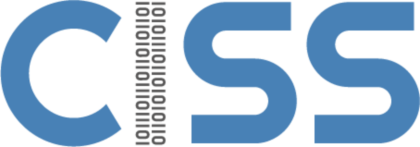Energy-efficient regulation of separation processes
Project partners:
- CORE A/S
- Daka a.m.b.a.
- Alfa Laval Copenhagen A/S
- Aalborg University, Center for Embedded Software Systems
- University of Southern Denmark, Mads Clausen Institute
Description
Separation is a process where different substances are separated. Separation processes are, among other things, used in the pharmaceutical industry and the food industry where it is necessary to separate liquids from produce or a product. This may be in the shape of separating cream from skimmed milk in a dairy, the separation of herbs from draff in a brewery, the extraction of vegetable oils or the separation of fat and protein from animal bio products.
A crucial element of the separation process in industrial production and in wastewater treatment plants is removing water through drying, evaporation, pressing, hydro-extracting etc., for instance in the production of fish meal or the dehydration of sludge in wastewater treatmetn plants.
The separation process is energy-intensive and often subject to great variation in the quality and yield of the end product. This means a major loss in terms of machine efficiency and a marked waste of energy during production.
The aim of this project is to develop a so-called ‘adaptive process regulator’ for the continuous regulation of selected machine-based separation processes.
The adaptive process regulator will continuously build and adapt a model of a selected separation process and use this for adjusting and optimizing the process in question. As such, the regulator will continuously ensure that the separation process functions optimally.
This will presumably improve both energy and machine efficiency and as such lead to a more productive and profitable production.

